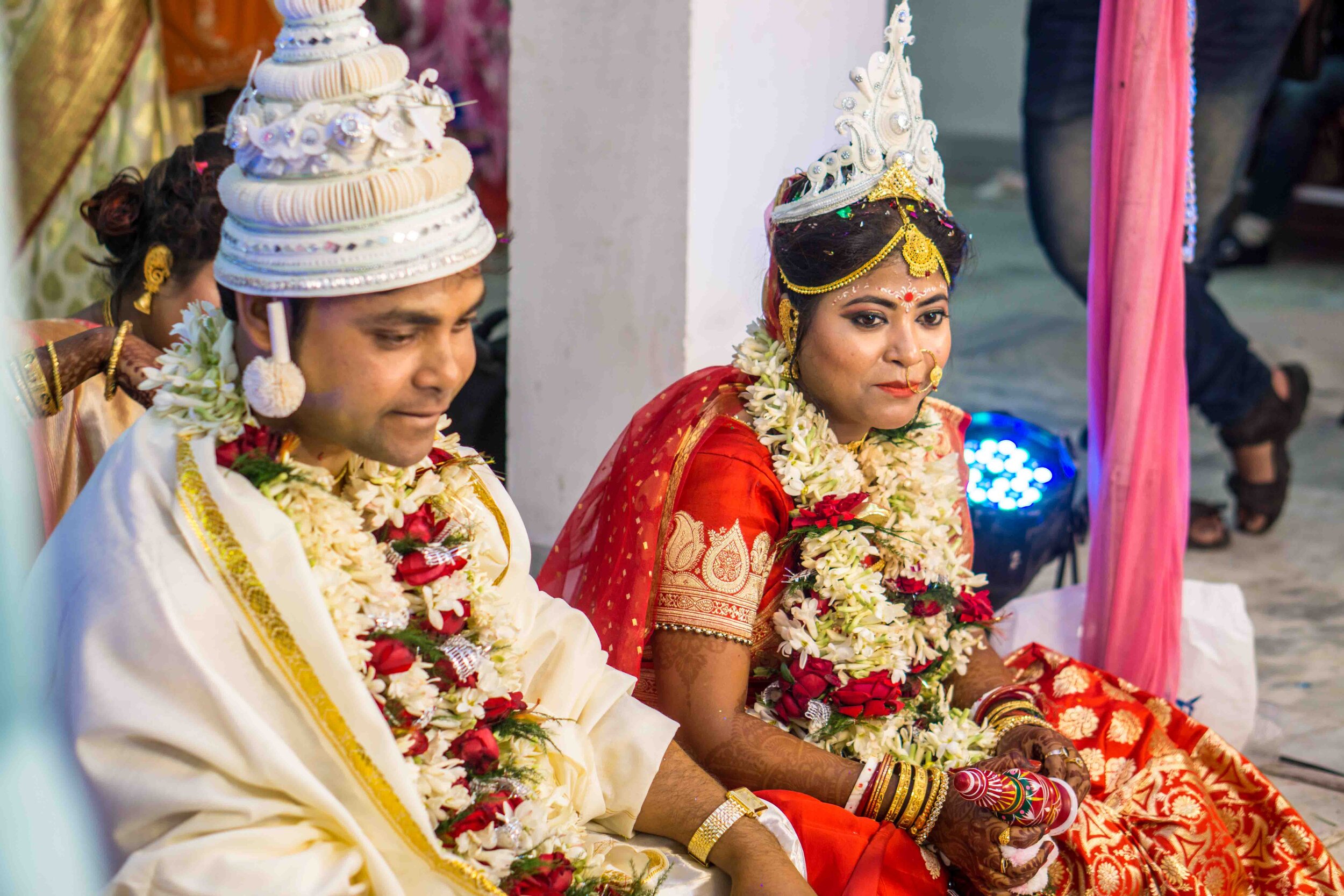
Banerjee denounced police actions she labelled as “illegal” and likened them to an emergency-era crackdown. She issued a challenge: “place me in a detention camp,” while affirming her own Indian identity and questioning whether West Bengal remains part of India. Her rhetoric hinged on defending the cultural and civic rights of Bengali speakers, warning of “dire political consequences” if the alleged harassment persisted.
Accounts mirrored the chief minister’s claims. Migrant labourers such as Jhantu Mondal, Islam Sheikh and Gulias Shah recounted harrowing experiences of being detained on suspicion of being foreign nationals, despite presenting valid Aadhaar and PAN cards. They described confinement in small cells, limited food, and psychological and physical mistreatment. Mondal, a mason from Singur detained in Odisha, said he “decided never to go back there,” underscoring the chilling effect on migrant labour mobility.
Banerjee further alleged that a “secret central government notification” issued in February instructed BJP-run states to detain Bengali speakers for a month without evidence. She framed this as a coordinated campaign driven by the ruling party, accusing central authorities of influencing Election Commission procedures to suppress Bengali voices during the campaign period.
While Banerjee’s narrative emphasised cultural identity and human rights, opposition voices offered a contrasting interpretation. Leader of the Opposition Suvendu Adhikari spoke in a separate march from the state assembly to the Chief Electoral Officer’s office. He accused her of using “Bengali pride” as a smokescreen to shield alleged illegal Bangladeshi or Rohingya immigrants. He highlighted two issues: unemployment among Bengali-speaking teachers and alleged favouritism in administrative appointments, citing bypassing of senior Bengali officials in favour of others.
Political analysts interpret the dual marches as strategic signalling ahead of the 2026 assembly elections. For the Trinamool Congress, the “Bengali asmita” campaign aims to solidify regional identity and cast the BJP as encroaching on cultural autonomy. The opposition reframes the issue around legality and administrative equity, shifting the discussion from identity rights to governance.
The emotional resonance of Banerjee’s march was amplified by Kolkata’s inclusive response. Migrant workers and shopkeepers from Odisha, Bihar and Uttar Pradesh, including hardware trader Subhajit Nayak and cycle-van puller Kuleshwar Yadav, expressed gratitude for the city’s harmony. Their testimonials highlighted that, despite broader tensions, Kolkata remains a place of opportunity and cultural respect. These voices suggested that local diversity persists despite the politicisation of identity issues elsewhere.
The matching of geographic and emotional space became visible in the city’s logistical response: more than 1,500 police officers were deployed, traffic diverted, and barricades erected along the route from College Square to Dorina Crossing.
Attempts to corroborate Banerjee’s claims through legal channels are in motion. The Calcutta High Court reportedly took suo motu notice of habeas corpus petitions related to migrant detentions in Odisha, demanding records from the Centre. Simultaneously, state officials have engaged with counterparts in other states to verify the legal basis of recent detentions.
The controversy has reignited larger questions about federalism, internal migration and cultural recognition. Banerjee’s insistence on speaking more in Bangla and daring detention is emblematic: a blend of cultural assertion and political posturing. Her rhetoric serves as a warning to the BJP-led central leadership ahead of both Modi’s visit and the upcoming electoral cycle.
